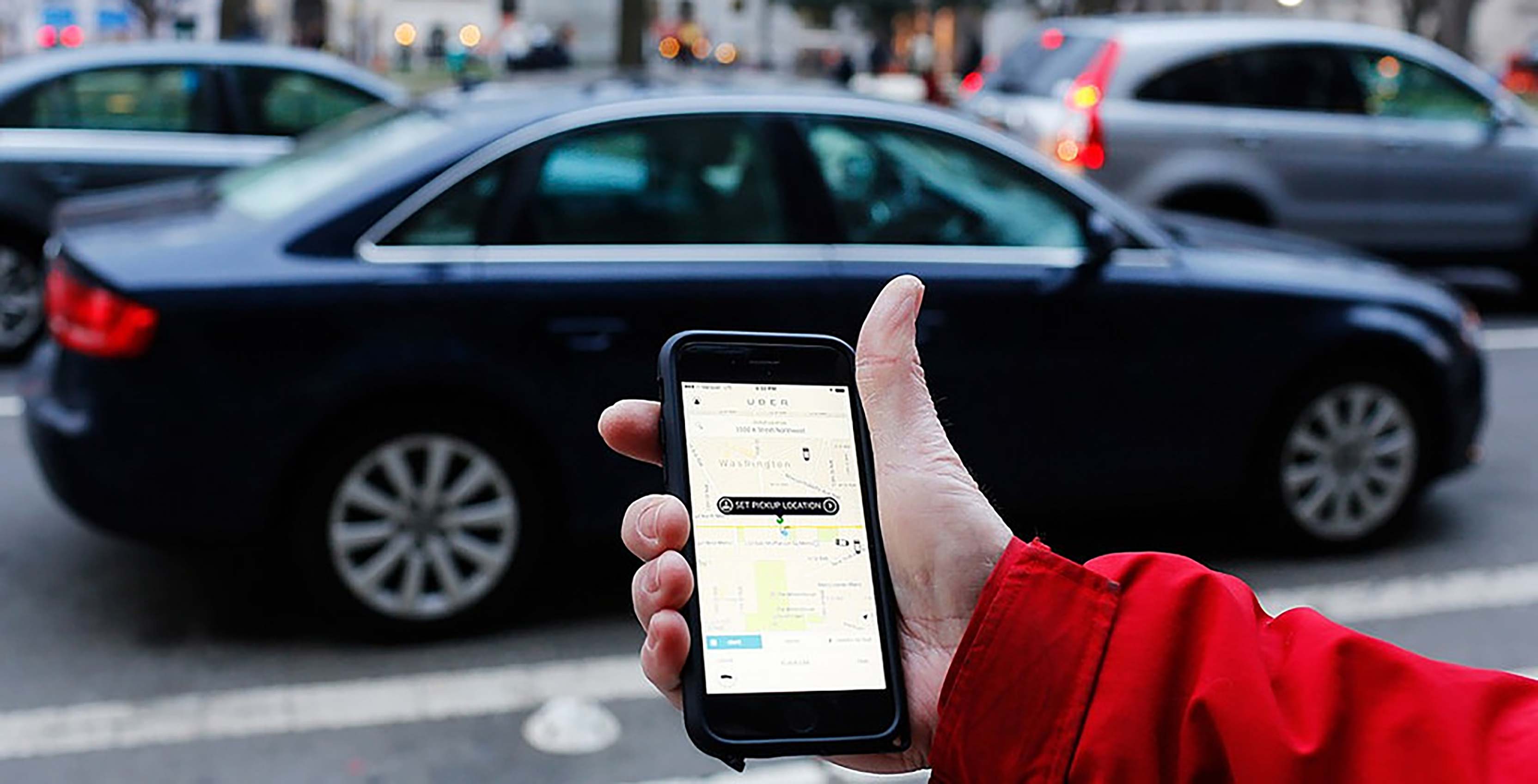
Ride-sharing companies in British Columbia are applauding B.C.’s NDP government for introducing legislation that will allow companies to operate by next year, but concerns surround the lack of regulatory structure.
B.C. transportation minister Claire Trevena announced the legislation on November 19th, 2018, proposing to amend eight statutes and allowing the province’s Passenger Transportation Board (PTB) to have the ability to accept applications, as well as set rules and conditions for licencing taxis and ride-sharing companies.
During a news conference after announcing the legislation, Trevena noted that ride-sharing companies will be able to submit applications by next September, but it’s not certain how long it would take the PTB to process applications.
Trevena did say to reporters that, based on collected data, the PTB would have the ability to look at the demand for ride-sharing companies in order to determine how many vehicles would operate in specific jurisdictions.
Asked if this would limit the framework of services like Lyft and Uber, which allow anyone to sign up and register as a driver, Trevena said: “This is one of the things that the Passenger Transportation Board is looking at. Demand and where there is demand and where there is the need for cars. They will work both with ride-hailing companies and taxis to know the demand.”
In an email statement to MobileSyrup, Uber said it was very pleased with the announcement, noting that there are still some challenges that the company will need to work with the B.C. government to understand.
“The legislation currently proposed raises a number of challenges. We are committed to working with all stakeholders on the government’s promise to bring Uber to B.C.,” Uber said.
British Columbians want to have the same great Uber experience in BC as they get in Seattle, Toronto and Bellingham. The legislation currently proposed raises a number of challenges. We’re committed to working with all stakeholders on the government’s promise to bring Uber to BC. pic.twitter.com/4UJzpCQhZW
— Uber Canada (@Uber_Canada) November 20, 2018
The proposed legislation doesn’t provide a timeline outlining when ride-sharing companies will be able to function in the province.
Uber spokesperson Michael van Hemmen said that this was troubling, in a November 19th, 2018 statement to the Canadian Press,
“Timelines are a big question to British Columbians…there’s people who’ve been wanting this service since 2012,” he said. “We’re looking for a model that allows as many people as possible to safely participate.”
B.C.’s NDP government has been criticized for delaying this legislation since it was first announced as part of Premier John Horgan’s 2017 election pledge.
Vancouver is currently one of Canada’s largest cities that doesn’t have any legal ride-sharing options.
In an email statement to MobileSyrup, Lyft said that it was pleased about the legislation, but like Uber, wanted to see more information about the proposed regulations.
“The regulatory structure that would enable true ride-sharing has yet to be seen and it is unfortunate that B.C. will be without ride-sharing for yet another year,” Lyft said in the email.
MobileSyrup may earn a commission from purchases made via our links, which helps fund the journalism we provide free on our website. These links do not influence our editorial content. Support us here.


